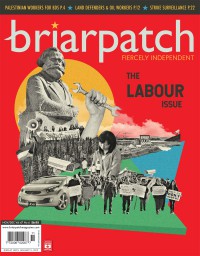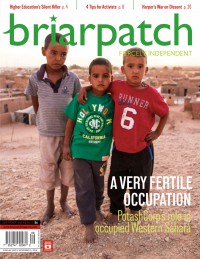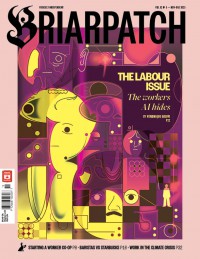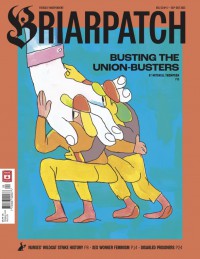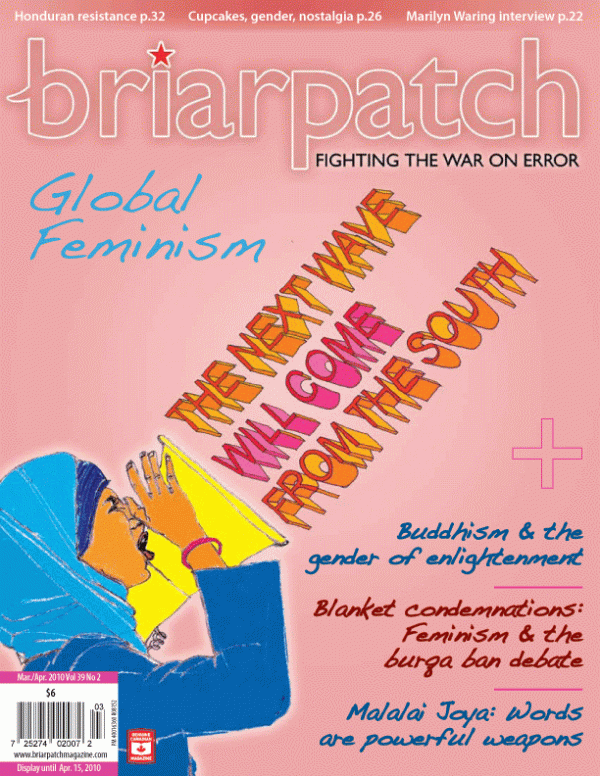
Globalization and the future of feminism
In an age of intensifying global inequalities and social upheaval, how are women’s movements responding, particularly in the Global South and in marginalized communities? How are anti-imperialist and anti-capitalist feminists adapting their demands, tactics and strategies to changing circumstances? What are the emerging paradigms that will shape struggles for women’s autonomy in the decades to come? These are the sorts of questions we explore in our “global feminism” issue.
-
 Magazine
MagazineLetter from the editor
This issue of Briarpatch is about opening our activism to new voices and new perspectives. As Naomi Wolf recently observed, “our (Western) moment of feminist leadership is over now, for good reasons… . [T]he leadership role is shifting to women in the developing world.”
-
 Magazine
MagazineForgotten histories of treaty-making
In Compact, Contract, Covenant, J. R. Miller provides the first comprehensive history of treaty-making in Canada. From the earliest days of trading partnerships and military alliances to modern comprehensive land claims, Miller explores the complex and shifting relations that guided the formation of treaties.
-
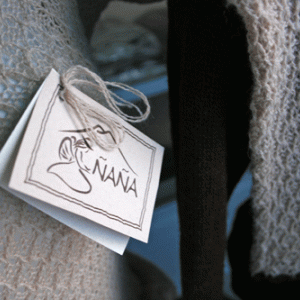 Magazine
MagazineForging ahead
Even after the doctors had left, the Peruvian alpaca sweaters lay neatly folded in the large suitcase near the entrance. The clothing had been carefully selected, packed and transported to the edge of town the previous day in the hope that a group of foreign doctors who were passing through the area might take an interest. After perusing the collection, however, the foreigners purchased the inexpensive finger puppets in lieu of the pricier sweaters, hats and mittens.
-
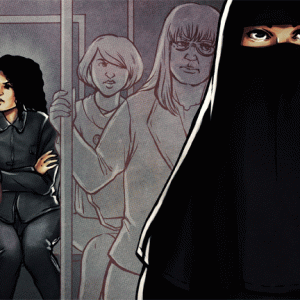 Magazine
MagazineBlanket condemnations
The burqa, chador or niqab (henceforth used interchangeably), a loose-fitting robe worn by some Muslim women that covers the body from head to toe, is one of the most powerful symbols of women’s subjugation under Islam. This garb is often presented as an existential threat to the West, capable of destabilizing the very foundations of our liberal democracies.
-
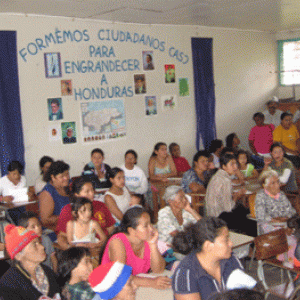 Magazine
MagazineThe Honduran Committee for Peace Action
When I asked Dr. Almendares about the legacy of COHAPAZ, he explained how instrumental these grassroots women’s organizations have been in Honduran human rights movements. “The women have learned a lot about natural medicines, first aid, and birthing through their community organizing.” Pursuing health may not necessarily seem revolutionary, but he says, “health is directly linked with the ability of these women to participate in political action that benefits their communities.”
-
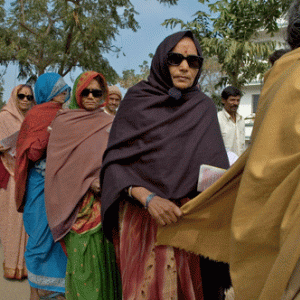 Magazine
MagazineThe blind leading
Over the past decade, much has been written about female literacy and how access to even a basic education can reduce poverty and improve the lives of women and girls. But for millions of women in the Global South, it is access to eye care that they need most.
-
 Magazine
MagazineCupcakes, gender, nostalgia
In the summer of 2009, on a humdrum Edmonton afternoon, three of us went out for cupcakes. Fellow sociologists, knitting buddies and feminist reading group pals, we found ourselves at Fuss, a cupcake, gelato and coffee shop all rolled into one. It was there that we began to ponder the phenomenon of cupcake shops that seem to be popping up everywhere.
-
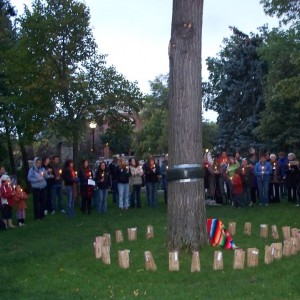 Magazine
MagazineStolen sisters
Some things defy articulation. How can a community conceptualize the vicious, racist misogyny that leaves scores of Aboriginal women missing and murdered? We try, because silence really is complicity — because we are all affected, we are all related and we do not accept the loss of these women.
-
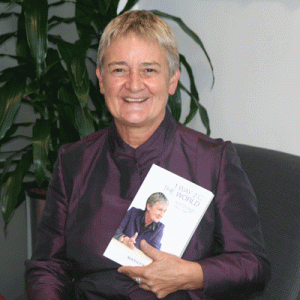 Magazine
MagazineNo one answer
Marilyn Waring’s decades-long career has been as varied as it has been influential. She was the youngest woman elected to the New Zealand Parliament, is a long-time activist for lesbian and gay rights, and has tended her own goat farm for many years. Waring recently spoke with Briarpatch about the state of women’s rights in the Global South and how women in the North can support southern resistance to economic inequality.
-
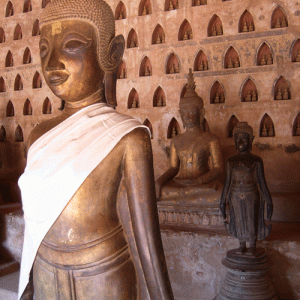 Magazine
MagazineThe gender of enlightenment
There is a glass ceiling for women seeking spiritual advancement in the Buddhist temples, or “wats” that dot the Thai landscape. Women who seek to be ordained as Bhikkhunis, the highest order of Buddhist nuns, possessing equal status to monks, continue to experience significant resistance from the religious clergy and more conservative elements of Thai society. In this country of over 300,000 monastics, Dr. Chatsumarn Kabilsingh, whose ordained name is Dhammananda Bhikkhuni, is a trailblazer in the movement to create a Bhikkhuni order in Thailand.


